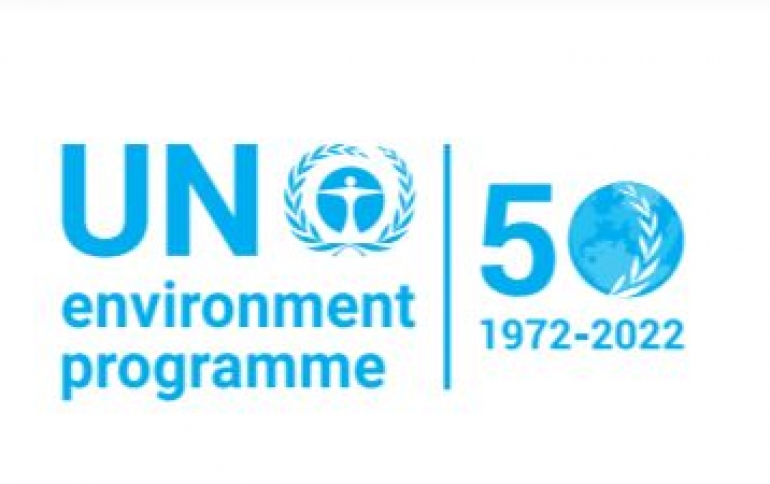Latest news
Read the latest news from the Centre for Sustainable Materials Research and Technology

UNSW SMaRT Centre's work has contributed to achieving positive impact results as measured against the UN Sustainable Development Goals (SDGs).
That work boosted UNSW's new ranking in the 'Times Higher Education Impact Rankings', which measure an institution's research, outreach and stewardship against SDGs.
Now in their fourth year, the Impact Rankings are the first global attempt to measure university progress around the Sustainable Development Goals (SDGs) adopted by all United Nations states.
The 17 goals encompass strategies to improve health and education, improve inequality, and spur economic growth, while tackling climate change and preserving our natural environment.
The Impact Rankings are gaining momentum across the higher education sector with a 26 per cent increase in participating universities in the past year.
Information from the UN about the SDGs
In the UNSW announcement about the SDG rankings result, UNSW said its meteoric rise from =59 to 17 in SDG 7 Affordable and Clean Energy was impacted by the university’s pioneering research in the development of solar photovoltaic technology, enabling the University to switch to 100 per cent solar energy in 2020 under a world first Power Purchase Agreement (PPA), and through innovative technologies developed at the UNSW SMaRT Centre, and the community-based initiatives UNSW is leading through the new national Sustainable Communities and Waste Hub.
Professor Veena Sahajwalla, UNSW SMaRT Centre Director and Sustainable Communities and Waste Hub Leader said: “Recovering essential materials from waste through recycling has a vital role to play in helping us move towards renewable energies and decarbonisation.
“Many of the commodities needed to achieve this are finite resources yet the world is landfilling waste containing many of these valuable resources. We need to rapidly advance our recycling capability so that waste itself can, and should, be seen as a resource if we want to electrify the world and be more sustainable.”